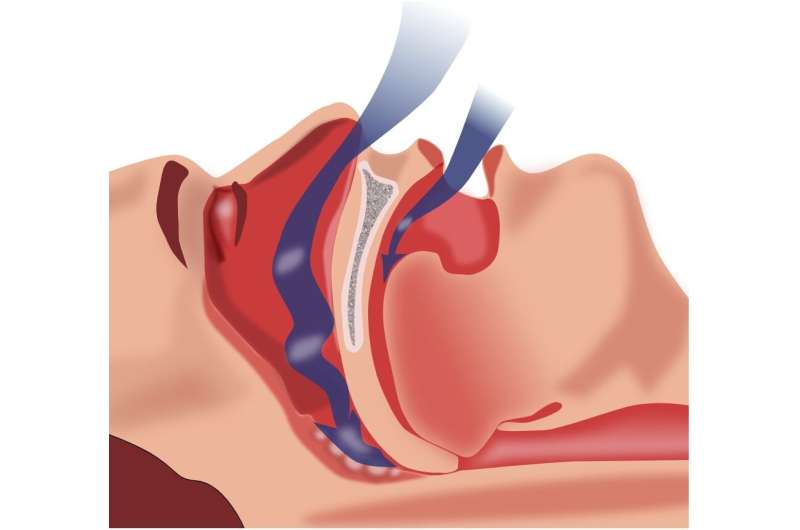Targeting the Cerebellum to Alleviate Alcohol Withdrawal Symptoms: New Research Findings

New research from Washington State University suggests that targeting the cerebellum, a brain region traditionally associated with movement, could significantly reduce symptoms of alcohol withdrawal, paving the way for targeted therapies for alcohol use disorder.
Researchers at Washington State University have uncovered promising new insights into alleviating the challenging symptoms associated with alcohol withdrawal by focusing on a specific area of the brain known as the cerebellum. This discovery, published in the journal Neuropharmacology, could pave the way for targeted therapies to support long-term recovery from alcohol use disorder (AUD).
The study demonstrated that by manipulating brain function in the cerebellum using genetic tools and a specialized compound, scientists could significantly reduce both physical and emotional withdrawal symptoms in mice. These symptoms—such as motor discoordination and emotional distress—are often the primary reasons individuals relapse during detoxification.
The key to this breakthrough lies in understanding how chronic alcohol exposure rewires cerebellar signaling. During withdrawal, a hyperactive state develops, intensifying symptoms. The researchers tested two approaches to mitigate this hyperactivity. The first involved genetic modification, inserting receptors into cerebellar neurons to act as an 'off switch,' calming overactivity and improving motor coordination. However, this method is currently not feasible for human therapy.
The second approach used a synthetic compound called Compound 6, developed in Austria, which targets a specific receptor unique to the cerebellum. When administered to mice experiencing withdrawal, it eased anxiety and emotional distress without affecting other brain regions and showed low potential for abuse.
According to lead researcher Nadia McLean, targeting the cerebellum offers a promising therapeutic avenue. "By focusing on this brain region, we can potentially reduce withdrawal severity and improve recovery outcomes," she explained. Senior author Dr. David Rossi emphasized the significance of these findings, noting that the cerebellum's role extends beyond movement, influencing addiction and emotional regulation.
While clinical trials in humans are still in the future, this research establishes a foundation for more precise and effective treatments for AUD. It suggests that future therapies could target very specific brain receptors, reducing side effects and increasing success rates for those battling alcohol dependence.
With alcohol use disorder affecting millions of Americans and being one of the leading preventable causes of death, these advancements hold considerable promise. Improving withdrawal management through targeted brain therapy could transform treatment paradigms, offering hope for sustained sobriety.
Source: medicalxpress.com
Stay Updated with Mia's Feed
Get the latest health & wellness insights delivered straight to your inbox.
Related Articles
Innovative Nomogram Predicts Deep Vein Thrombosis Risk in Epithelial Ovarian Cancer Patients
A new predictive nomogram has been developed to assess the risk of deep vein thrombosis in patients with epithelial ovarian cancer, aiding personalized prevention and treatment strategies.
Personalized Approaches in Treating Obstructive Sleep Apnea and Cardiac Risks
Personalized treatment strategies for obstructive sleep apnea may significantly influence its impact on cardiovascular health, with benefits for high-risk patients and potential risks for low-risk groups. Learn how individualized care can improve outcomes.
Understanding the Latest Developments in the COVID-19 Vaccine Policies
Stay informed on the latest updates and controversies surrounding COVID-19 vaccine eligibility and policies in 2025, as states and federal agencies navigate a rapidly changing landscape.



